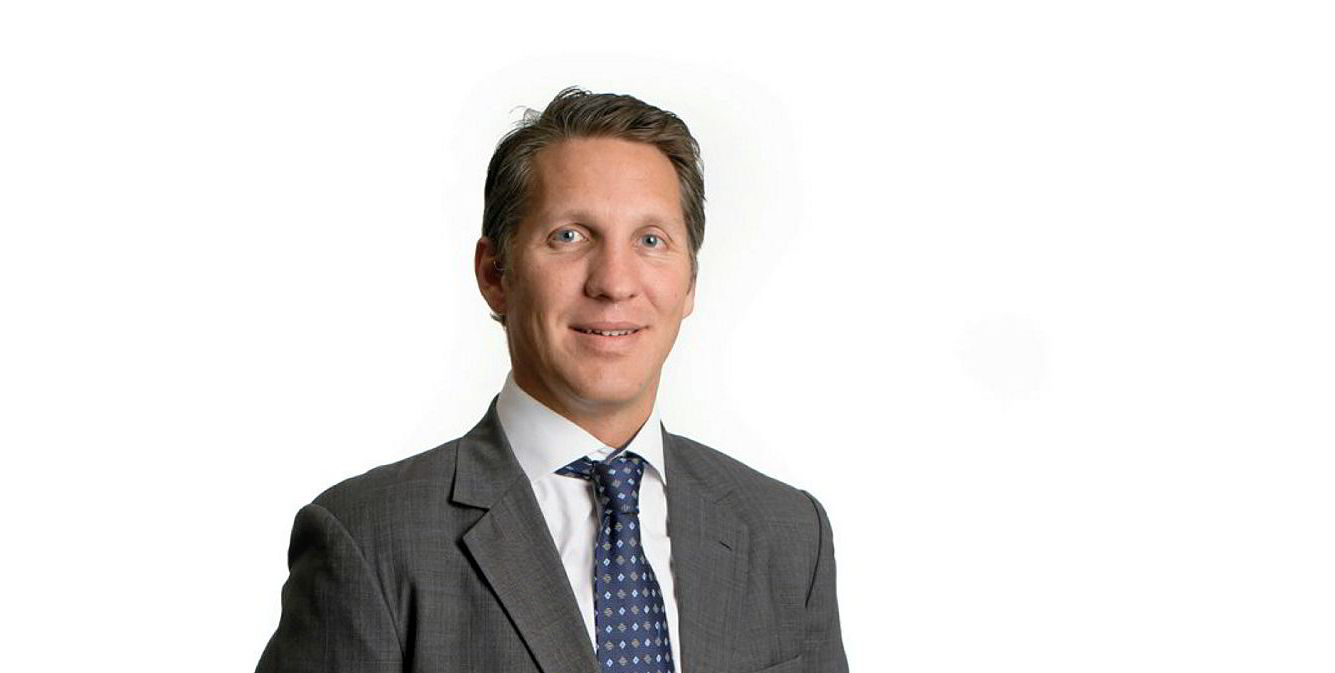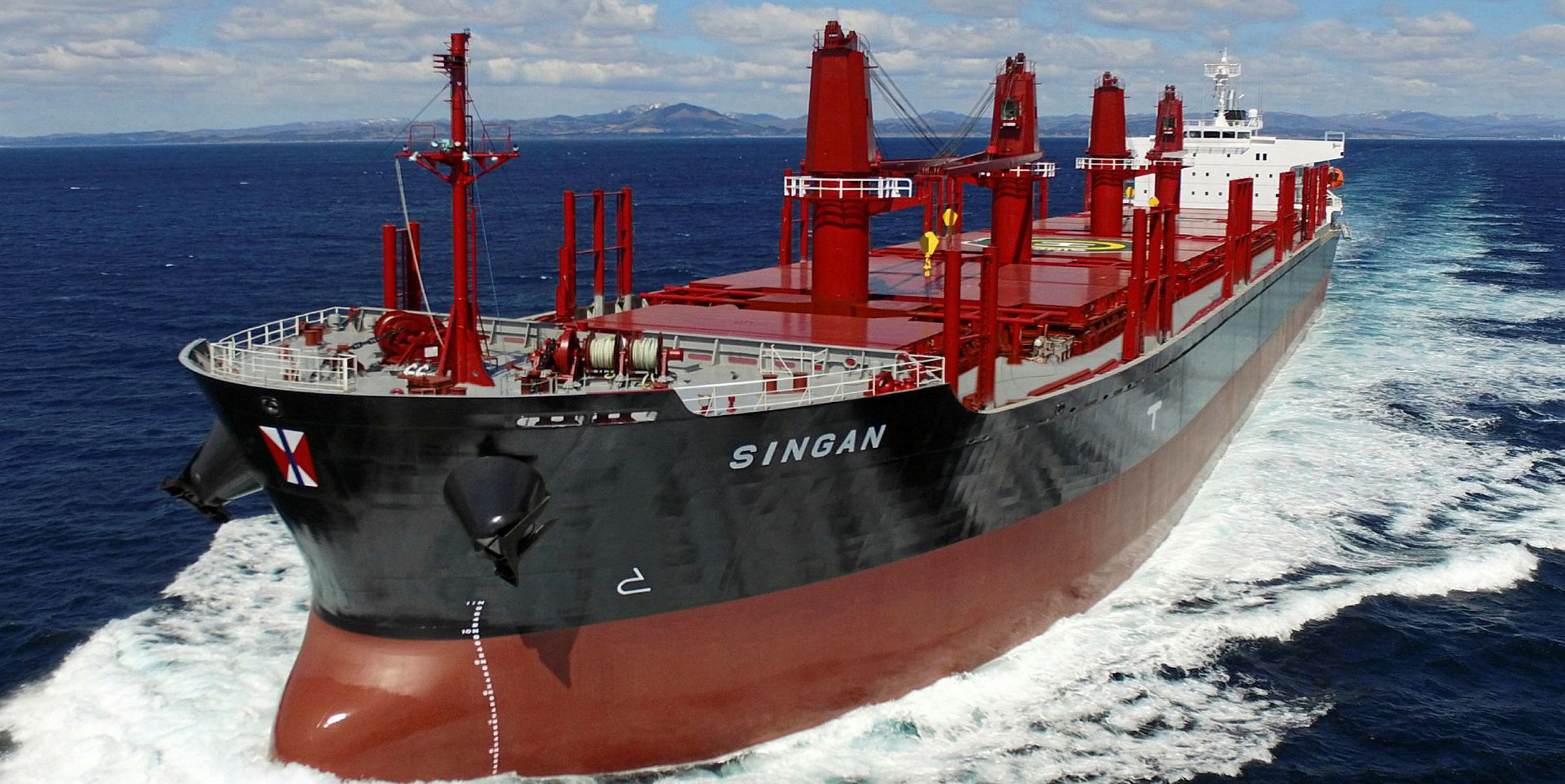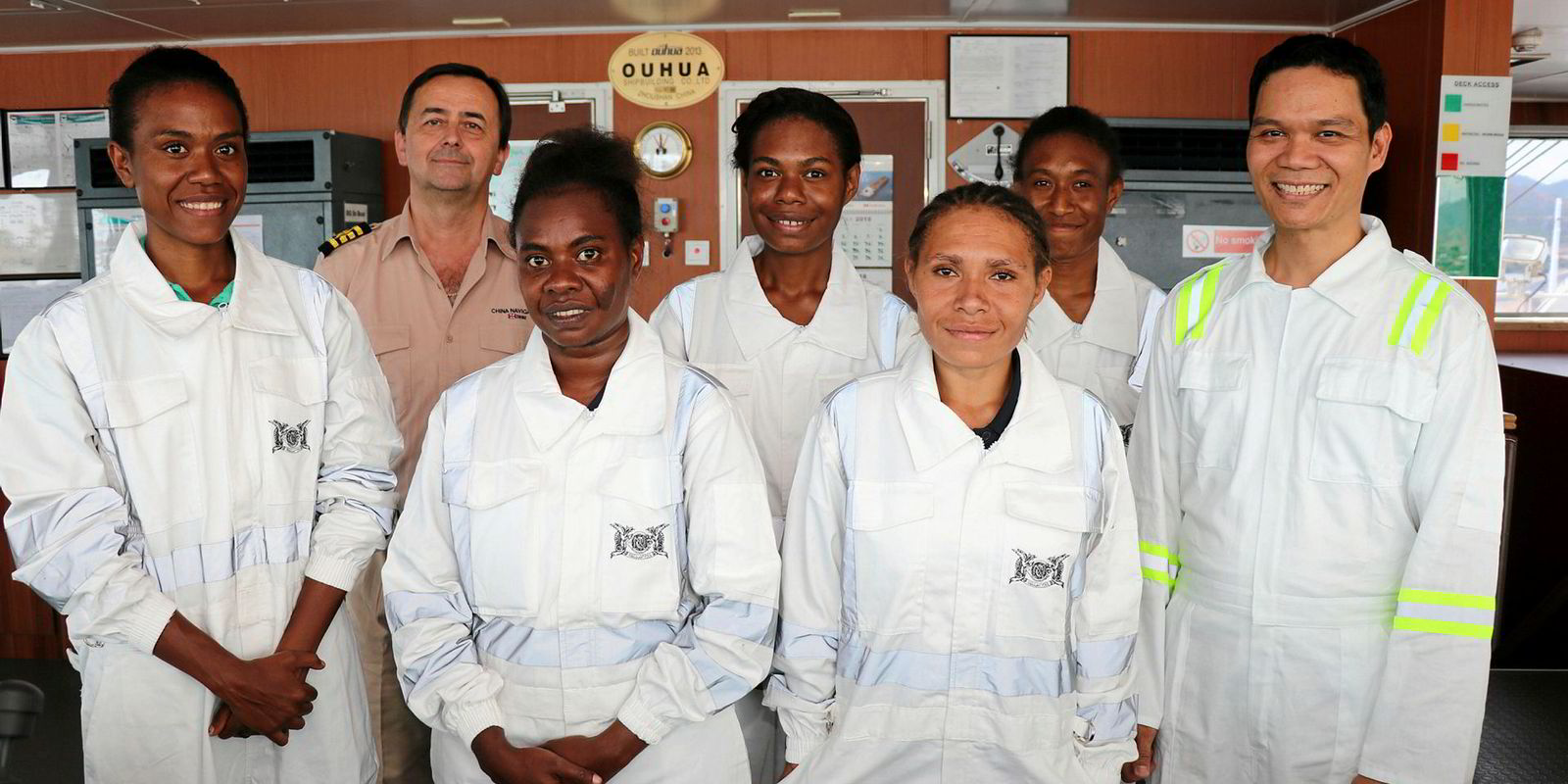China Navigation Co (CNCo) has delivered a unique cargo of sugar as part of what is being described as the world’s first fully sustainable, end-to-end sugar trades.
This is the first time sugar produced under the VIVE sustainability programme has been carried by a shipping company verified by the project and delivered to a VIVE-verified end user, according to Swire Bulk general manager Rob Aarvold.
The dry bulk arm of CNCo shipped 50,000 metric tonnes of raw sugar from Paranagua Port in Brazil to Port Klang in Malaysia, where it was delivered to Central Sugars Refinery, which is processing it for Fraser & Neave.
Singapore-based CNCo has added Swire Bulk to the programme as part of its sustainability drive.
The VIVE initiative is a joint project between UK-based agricultural technology company Intellync — recently rebranded from AB Sustain — and London-based sugar trader Czarnikow that began about two years ago.
Swire Bulk’s involvement came as VIVE began to contact long-term partners on an industry-wide basis to try to deliver its vision of having a truly sustainable and accredited supply chain from field to factory.
The reach extends from sugar farmers through to major food producers such as Coca-Cola, Nestle and Fraser & Neave.
“They decided they wanted to move beyond the rhetoric of saying they are doing the right thing to delivering, or providing something we could call a deliverable,” Aarvold said.
“From there, we assisted in terms of how to build a sustainable and transparent supply chain in terms of the shipping environment.
“Obviously, when you are trying to incorporate the producer, the intermodal aspects including freight, and then the receiver, it becomes quite a comprehensive process to try to give it this VIVE stamp.”
Aarvold stressed that the VIVE initiative is not about ticking a set of boxes and passing a certification process.
“It is really about the fact that people are on a journey to improve year after year,” he said.
To become part of the VIVE initiative, Swire Bulk had to answer about 600 questions that probed how it dealt with all aspects of being a shipowner.
The questions varied from the usual generic areas, such as anti-slavery and corporate social responsibility programmes, to topics such as how the company treats its staff to its onboard rubbish recycling practices.
“It is a pretty wide remit and it draws a line in the sand,” Aarvold said.
“It says we have a policy — we have accredited standard operating procedures within our company, and a focus on everything from welfare to safety to sustainability. It really is about demonstrating transparency and a proactive management across those areas.”
Crossing the commodity chain

The VIVE initiative is now very much sugar centric, but Aarvold said the idea is to see whether the concept can work across other commodities as well.
“I think every commodity has its own areas where they are looking to get a viable accreditation, so there are certainly components and sectors such as the soybean world, for example, who look around at the concept of what VIVE is trying to deliver, and I think that certainly resonates in terms of a deliverable for where they can take a bigger step forward,” he said.
“We see this as a journey that is taking us in the right direction. While VIVE has become the vehicle, it has certainly become a trailblazer. We have had a lot of positive interest from the grain industries to start off with.”
Aarvold said the initiative works through close collaboration between all stakeholders in the commodities chain, including trade financiers.
For example, Singapore’s OCBC Bank played a large role in the first cargo, which Swire Bulk carried in the chartered 58,100-dwt bulker Ocean Royal (built 2012).
“I think what has pulled it all together has been the fact that OCBC, in the background, has been very supportive and proactive with providing green finance for the whole process,” Aarvold said.
He believes there is plenty of opportunity for other dry bulk operators to get involved with sustainability initiatives such as VIVE.
“To say that we are the only people who do something different from others would be misleading,” he said.






